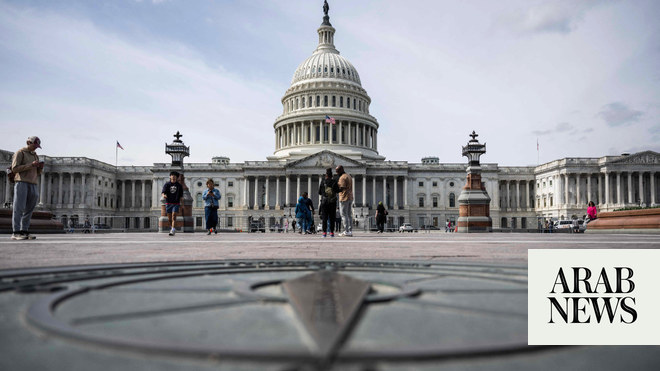
JERUSALEM (Reuters) - The incoming head of Israel’s parliamentary finance committee on Wednesday put his backing behind approving a state budget that would not raise the deficit.
Alex Kushnir told a committee meeting that despite Israel’s economy weathering the coronavirus pandemic relatively well, there remains a high structural deficit because of “government mismanagement.”
“We have a big challenge to pass a responsible budget,” he said during the debate that included Bank of Israel Governor Amir Yaron. “We need to find sources for things that need to be done and not raise the structural deficit.”
Israel’s budget deficit in 2020 was some 160 billion shekels ($49 billion), or 11.6% of gross domestic product, mainly due to higher spending to help businesses and households cope with the pandemic.
In 2019, the deficit was 3.7% of GDP, above a 2.9% target and a level the central bank deemed too high for a strong economy.
At the time, then Prime Minister Benjamin Netanyahu and his finance minister came under fire from economists for increased spending on state subsidies for day care and other services, and giving pay rises to police and other public servants, while cutting taxes at the same time.
But a political stalemate for two years that included four elections made it difficult to take proper fiscal steps since caretaker governments are limited in power.
Israel swore in a new government earlier this month led by Prime Minister Naftali Bennett. New Finance Minister Avigdor Lieberman -- who is in the same political party as Kushnir -- said this week he intends to pass a budget for 2021 and 2022 soon and understands funding demands from all sides.
“But I am not Santa Claus who is coming to distribute gifts,” he told during a meeting with finance ministry officials. “If we do not pursue responsible policies we will lose control of Israel’s economy.”
At present, Israel is still using a pro-rated version of the 2019 budget that was approved in mid-2018.
The Bank of Israel expects the budget deficit to slip to 8.2% in 2021 and 3.6% in 2022. It projects economic growth of 6.3% this year after a 2.6% contraction in 2020.
($1 = 3.2568 shekels)
Reporting by Steven Scheer; Editing by Chizu Nomiyama
Our Standards: The Thomson Reuters Trust Principles.












